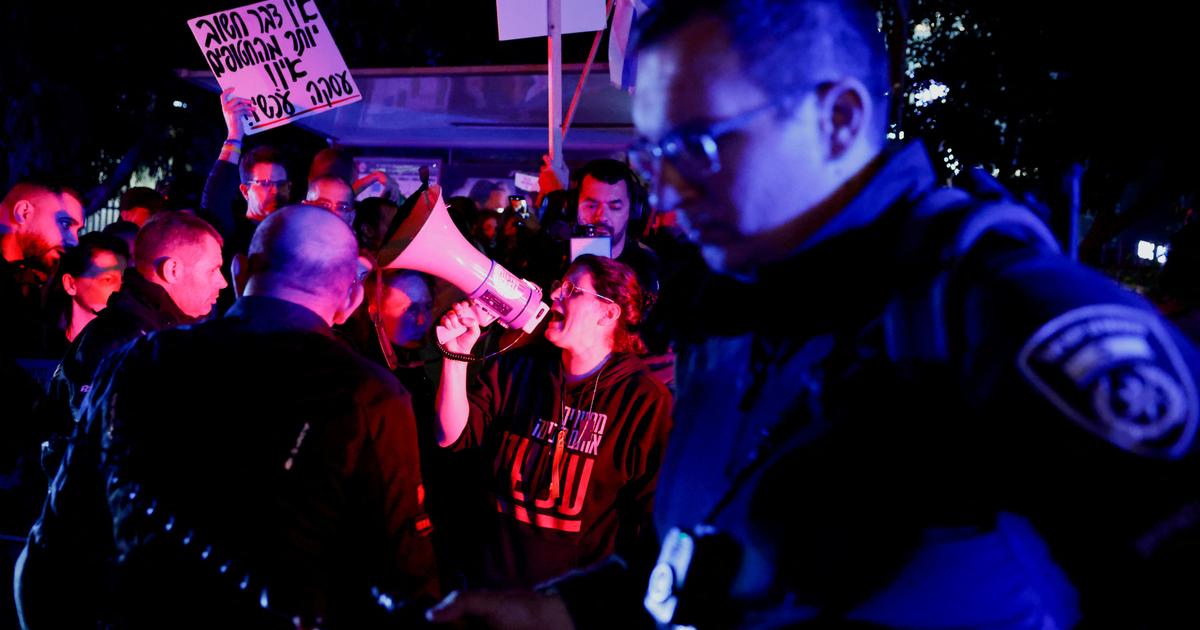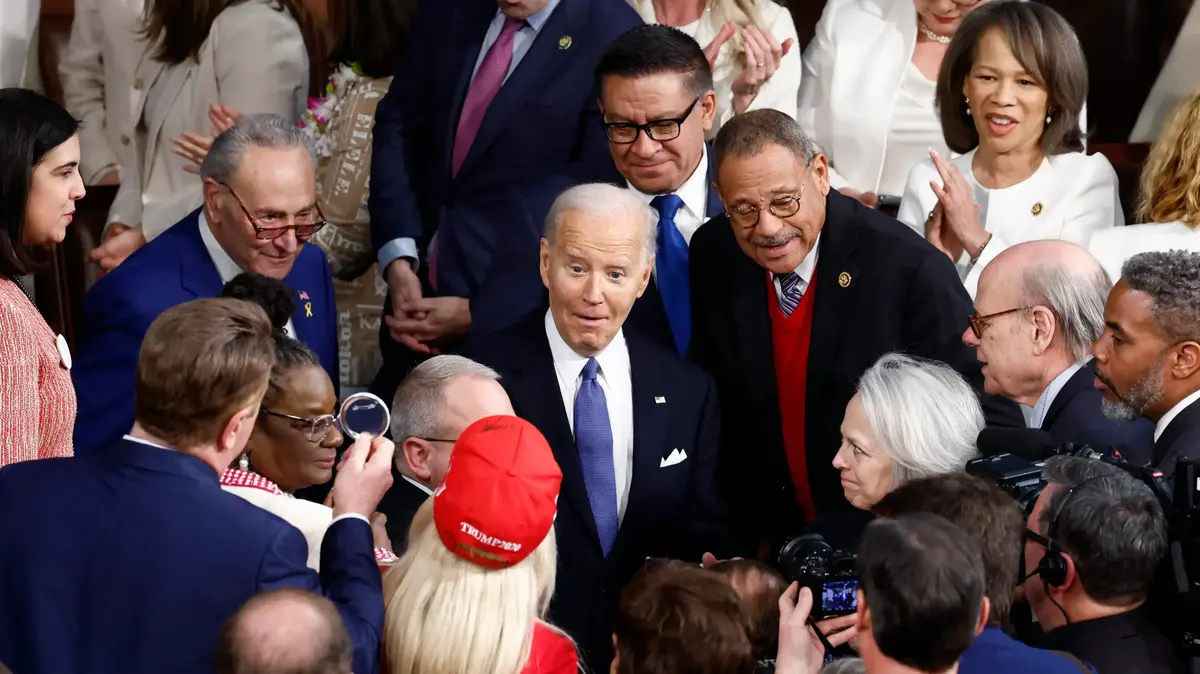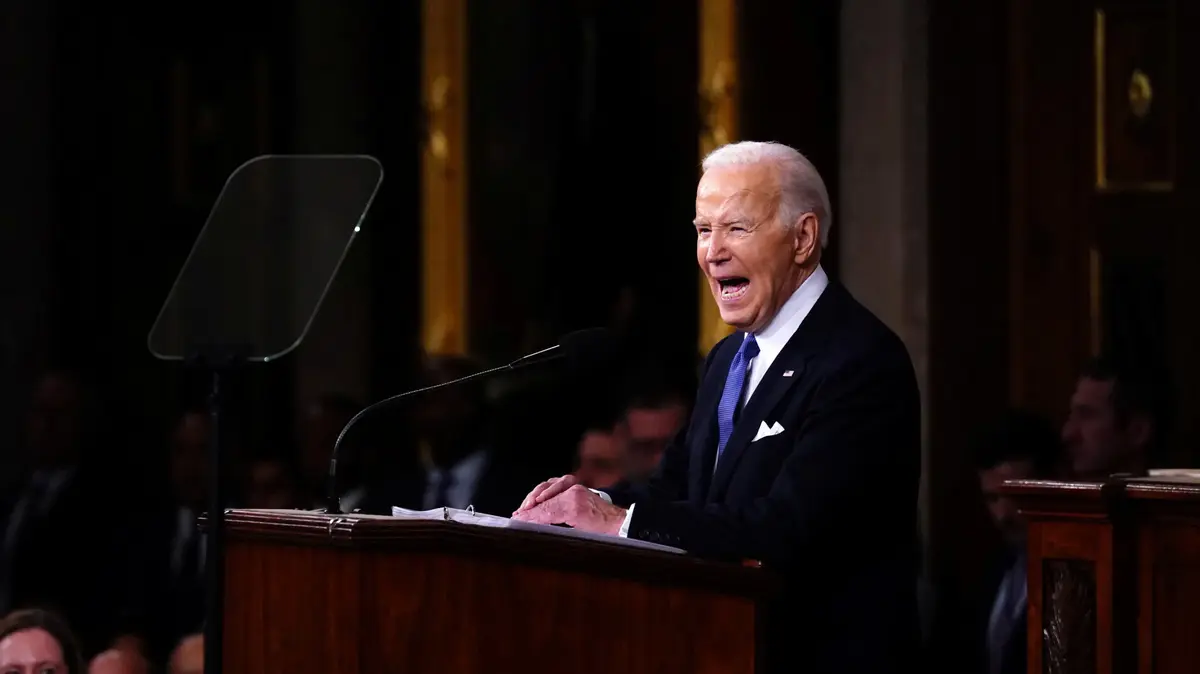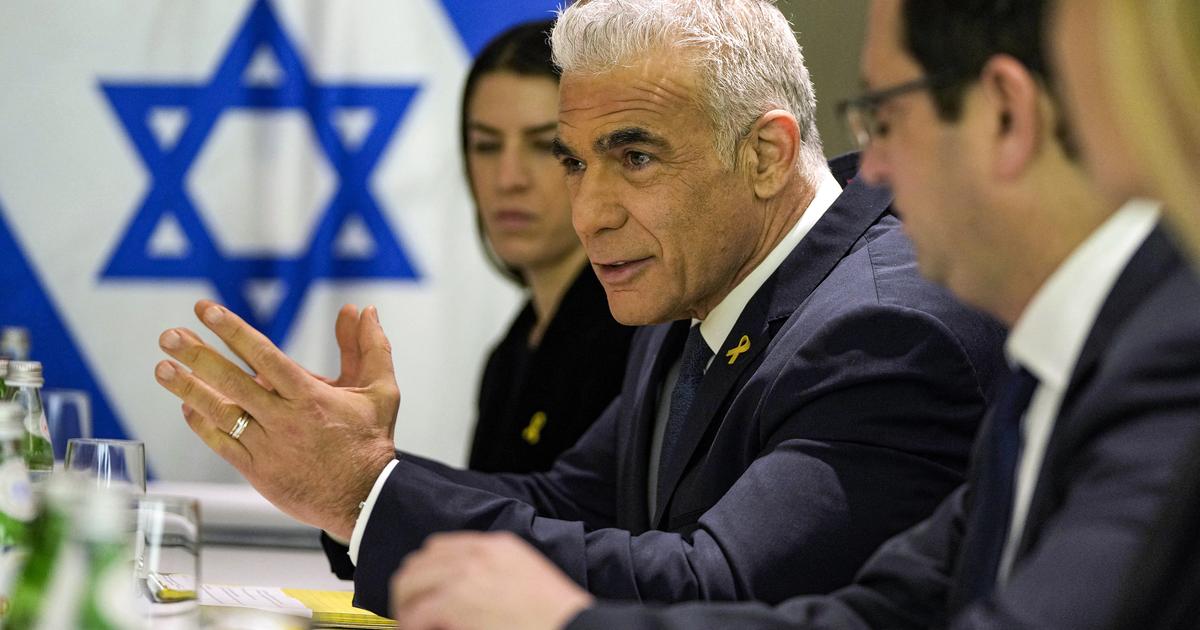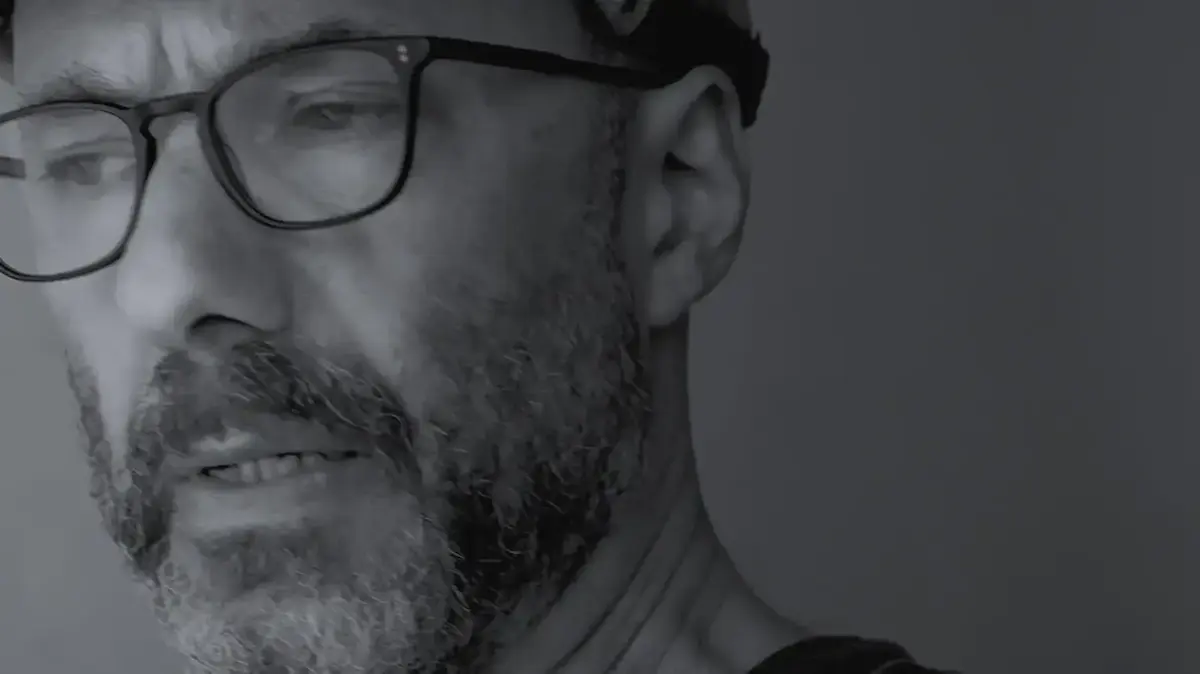A page will turn.
The most lasting Prime Minister in the history of Israel marked by his pugnacious style, Benjamin Netanyahu fully played the card of the “defense” of the Hebrew state, but also centered the power around himself, in addition to 'a decade at the head of government.
After more than 12 consecutive years in power and behind-the-scenes maneuvers to keep himself as head of government, Benjamin Netanyahu is set to step down on the heels of a confidence vote scheduled for Sunday in Parliament on the new “coalition for change”.
And so draw a line - barring a last-minute turnaround - over more than a “Netanyahu decade” that polarizes Israel.
His opponents see him as a "Crime Minister" and not a "Prime Minister", alluding to his trouble with the law, which accuses him of corruption, embezzlement and breach of trust in a series of cases.
Read alsoIsrael: with the vaccine, Benjamin Netanyahu dreams of being a savior
On the contrary, his admirers see in "Bibi" the incarnation of the new "King of Israel" for his braced defense of the country against Iran and its nuclear program, perceived as the new "Amalek" - the enemy. death of the Hebrews in the Bible.
Among these supporters, this status of great protector was reinforced by his management of the Covid-19 threat thanks to an intense vaccination campaign that allowed the country to deconfin before Europe and America.
Favorable to "Greater Israel"
The hoarse voice of a tenor, irremovable silver hair, often wearing a blue suit and tie over a white shirt, Benjamin Netanyahu, is deeply marked by the legacy of the Israeli right. Born in Tel Aviv on October 21, 1949, he took this muscular ideological baggage from his father Benzion, ex-assistant to Zeev Jabotinsky, leader of the so-called “revisionist” Zionist tendency, favorable to “Greater Israel”.
In contrast to the Israeli-Palestinian peace process of the 1990s, which he helped to bury, Mr. Netanyahu advocates a vision of Israel as a "Jewish state" with borders extending to Jordan, d 'where his declarations in favor of annexing parts of the occupied West Bank and measures promoting a settlement boom. During the last decade, the number of inhabitants has increased by 50% in Israeli settlements in the West Bank to exceed 475,000 people, living alongside more than 2.8 million Palestinians, an increased presence that threatens the creation of a Palestinian state viable according to the UN.
At the turn of the 1970s, the young Netanyahu carried out his military service in an elite commando team.
But it was above all his older brother, Yoni, who stood out in the ranks of the army, a national melting pot.
In 1976, the knell sounded.
Yoni, commander of the unit tasked with freeing hostages from a Tel Aviv / Paris flight in Uganda, was killed during the Israeli assault.
This death deeply shakes Benjamin Netanyahu, who will make the “fight against terrorism”, which he often associates with the Palestinians or the Iranians, one of the common threads of his career.
"He doesn't trust anyone"
He "built his political figure around an image of strength and the idea that Jews could not be satisfied with lukewarm faith and had to be as tough as the region in which they live," writes in his briefs former US President Barack Obama. And to wonder if Benjamin Netanyahu, who “inherited his father's zeal to defend Israel”, also “inherited uninhibited paternal hostility towards the Arabs”. If he maintains harsh words against the Palestinian leadership, Mr. Netanyahu has also ardently defended the normalization in 2020 of relations with Arab countries (Emirates, Bahrain, Sudan, Morocco).
Born speaker, Benjamin Netanyahu is also a career diplomat, stationed in the United States, the country where he studied, then ambassador to the UN in the 1980s. In 1996, at the age of 47, he triumphed over Dean Shimon Peres and became the youngest prime minister in Israel's history. He will remain in power for three years. However, he eventually returned to his passion, politics, and took over the head of Likud, until again becoming Prime Minister in 2009. Since then, Israel has not known any other head of government than him.
Today, several of his rivals and killers, are former ministers like Naftali Bennett, a figure of the radical right, and the centrist Yaïr Lapid who served under his mandate. “I don't think it's a coincidence. He does not trust anyone ”and his“ fundamental value ”is to ensure his own“ survival, so he uses people and then pushes them aside, ”underlines Colin Shindler, professor at the School of Oriental and Asian Studies in London. .


